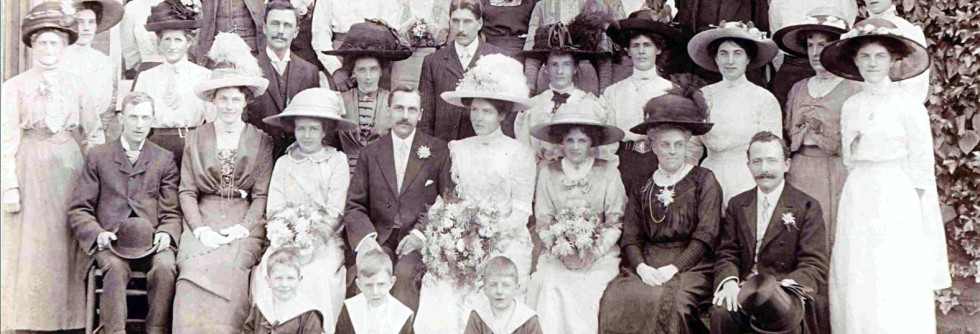
A Fractious Soldier by Ellen Maki, Ph.D.
 When Britain entered World War I in August 1914, William Henton was a young man of 23, newly married and with an infant son, living in St. Helens, Lancashire, England. With newspapers publishing appeals to join the armed services, hundreds of thousands of men joined within just a few months, and William was one of them. On 4 September 1914, William joined the ranks of the South Lancashire Regiment, 7th Battalion.
When Britain entered World War I in August 1914, William Henton was a young man of 23, newly married and with an infant son, living in St. Helens, Lancashire, England. With newspapers publishing appeals to join the armed services, hundreds of thousands of men joined within just a few months, and William was one of them. On 4 September 1914, William joined the ranks of the South Lancashire Regiment, 7th Battalion.
As I read through William’s service record, I was surprised to read that within 5 months of his attestation, having never left the country, he was discharged as medically unfit.… Continue reading



